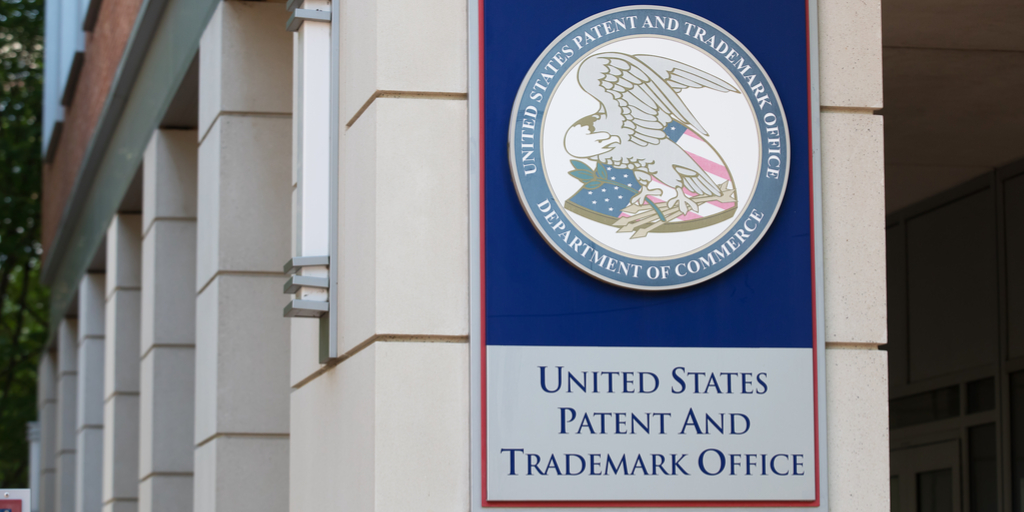Limiting Monopoly Power Is Harder Than It Looks
In a letter to Alexander Donald in early 1788, Thomas Jefferson endorsed the proposed constitution, wishing it speedy ratification. He nonetheless supported a “declaration of rights.” In addition to expected endorsements—freedom of religion, freedom of the press, trial by jury “in all cases” (presumably meaning trials in federal civil cases as well as criminal cases), no standing army—he also supported a provision endorsing “freedom of commerce against monopolies.” By “monopoly” Jefferson understood legal restrictions on market entry rather than the modern definition, privately-owned companies that come to positions of market dominance.
Tempting as it is to adopt a black and white rule against state-conferred monopolies, when responding to a similarly-worded letter sent to him, James Madison replied to Jefferson by noting monopolies “are justly classed among the greatest nuisances in government. But it is clear that as encouragements to literary works and ingenious discoveries, they are not too valuable to be wholly renounced.” Patents and copyrights are government-conferred monopolies, albeit monopolies conferred with the purpose of advancing the public good by increasing the returns to marketable creativity.
In his letter of reply, Jefferson conceded the point, proposing that “monopolies may be allowed to persons for their own productions in literature and their own inventions in the arts” for a term of years, but “for no other purposes.”
The conceptual problem remained, however: State-conferred monopolies are not always bad. So much for the principle of the thing.
Opposition to monopolies among Americans stemmed from their abuse by the Crown in Great Britain. In colonial experience, think of the legal monopoly granted in tea to the East India Company, an event which prompted the famous Boston Tea Party.
Opposition to these types of legal privileges evolved into broader opposition to “class or partial” legislation, often also called “special” legislation. This is legislation by which a government endows or privileges a person, group or institution for no reason other than this person, group or institution has access to the reins of power. This today includes what we call “crony capitalism,” but extends beyond it.
While a few state constitutions prohibited monopolies early on, by the first half of the 19th century, state constitutions more widely began to prohibit monopolies and special legislation. This line of jurisprudence later welled up to the Federal level with the development of the Fourteenth Amendment doctrine of substantive due process.
The problem is that cases of truly naked redistribution—legislatively taking from Peter to give to Paul simply because Paul is more politically connected than Peter—are rare. As with patents and copyrights, monopolies can serve public purposes. More broadly, all laws divide people into classes, and legislatures cannot deal comprehensively with every problem they face. Sometimes they need to go step by step. A necessary inquiry for constitutionality is what purpose a given legislative classification serves.
The abstract principle that monopoly or special legislation is bad—that crony capitalism is bad—won’t receive much criticism. Discerning whether a given piece of enacted legislation that privileges a person or set or persons serves the public good is where the problem comes in.
Judicial enforcement of prohibitions on monopoly and special legislation, or application of the doctrine of substantive due process, run into problems in at least two ways. The first appears in what standard of proof judges apply to smoke out prohibited legislation. If class or partial legislation can be sustained if it serves a public purposes, then governments will find public purposes to suit their every legislative whim. If no proof is required, those assertions concerning purpose remain little more than cheap talk.
But difficulties start when judges require actual proof that laws achieve measurable public purposes in efficient or “reasonable” ways. Evidence acquired or available in one jurisdiction might not apply in another jurisdiction, or even may not have been acquired or introduced.
A major problem with the doctrine of substantive due process, even for those who supported the doctrine in principle, is the indeterminacy of judicial outcomes. While the courts have sustained most laws that were challenged under the doctrine, as one drew closer to the border between sustained and struck-down laws, it was difficult to parse what accounted for one outcome relative to the other. On the other hand, “hard cases make bad law,” as the saying goes. Is indeterminacy in close cases unique to this doctrine or a generic feature of the judicial process?
The second problem with judicial application of this doctrine is the type of evidence judges actually consider. The constitutional question revolved around whether a real purpose motivated the legislature to adopt a law (as opposed to endowing a politically-favored constituency) and whether the law was a reasonable means to achieve that purpose. Evidence on these questions looks a lot like the kind of evidence that legislatures should consider in whether to adopt the policy in the first place, rather than evidence a judge should consider to determine the constitutionality of the law. Even with elected judiciaries, a single judge or bench is not a representative institution like a legislature.
Today conservatives complain greatly about judges their power to act as “superlegislators” on important policy instead of as judges. Liberals made the same complaint when judges more willingly struck down economic legislation during the heyday of economic substantive due process.
If conservative complaints about liberal judges’ application of substantive due process is anything more than a reflection of whose ox is getting gored, then the practical problems that resulted in the rejection of the doctrine as applied to economic legislation in the first place need to be addressed.



